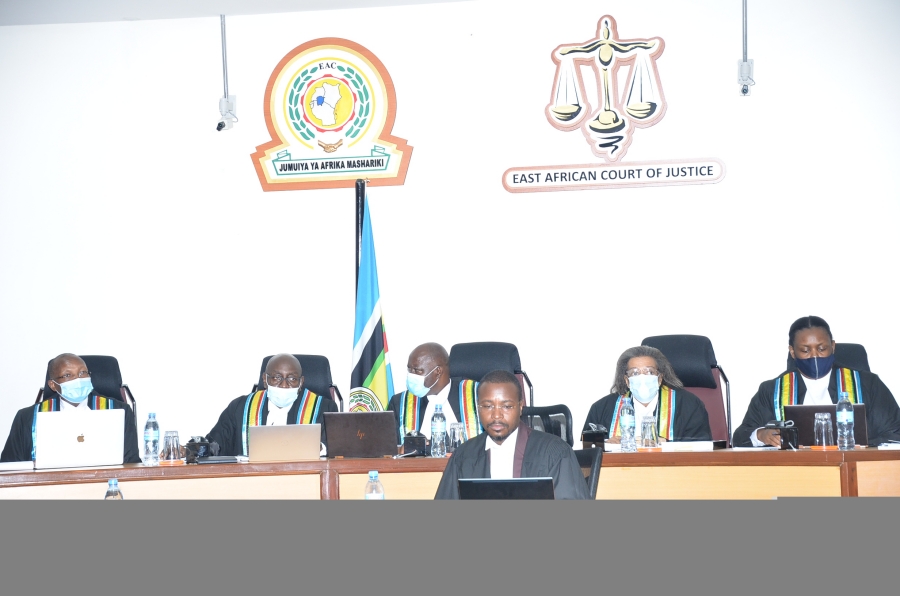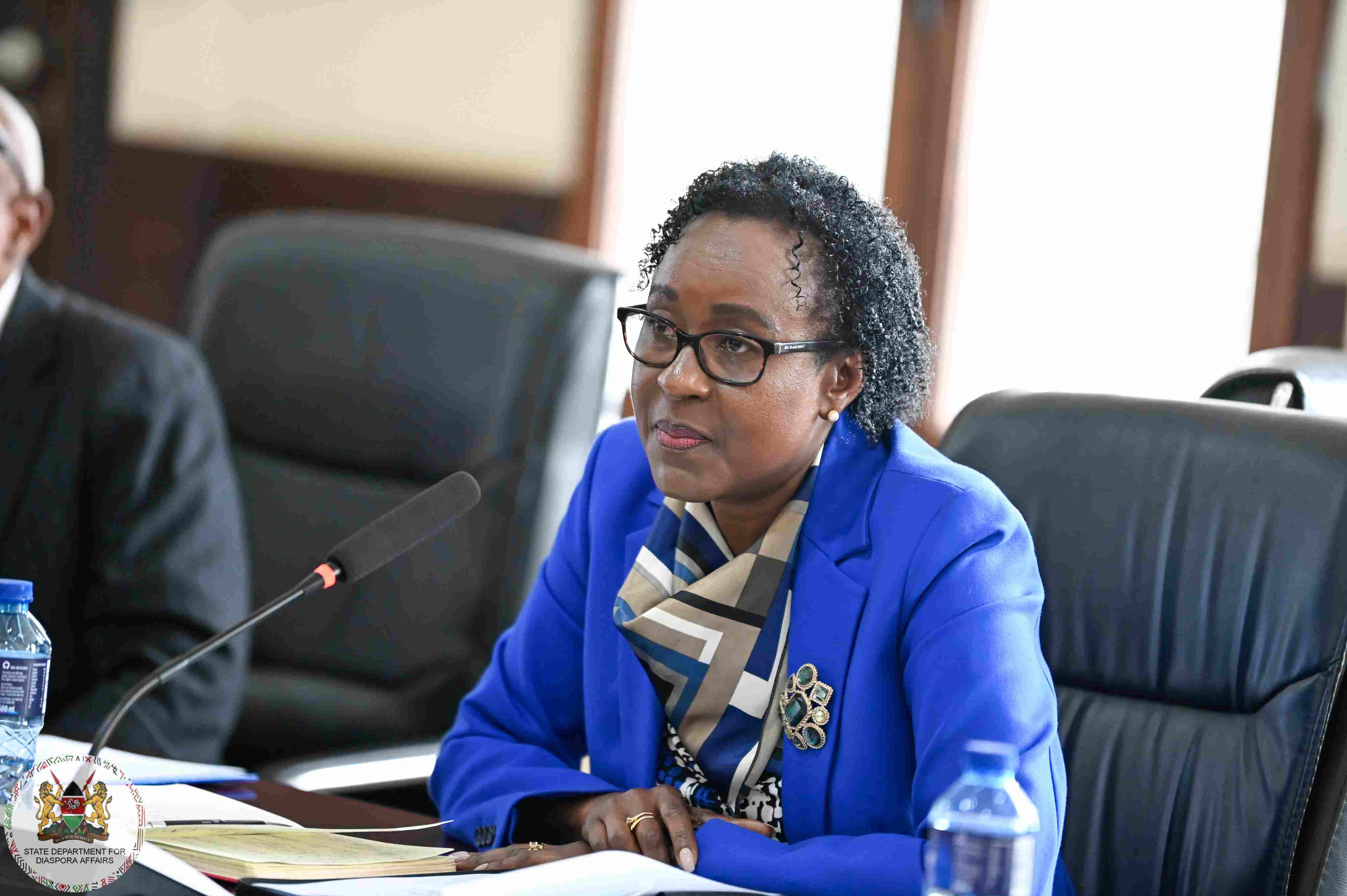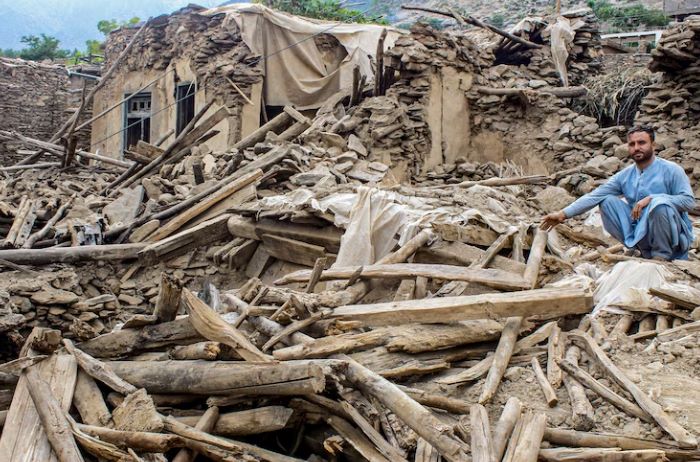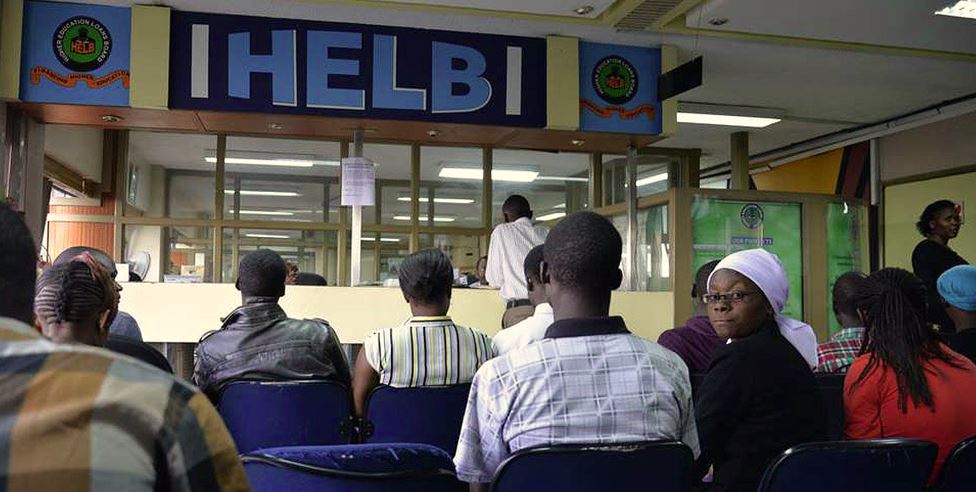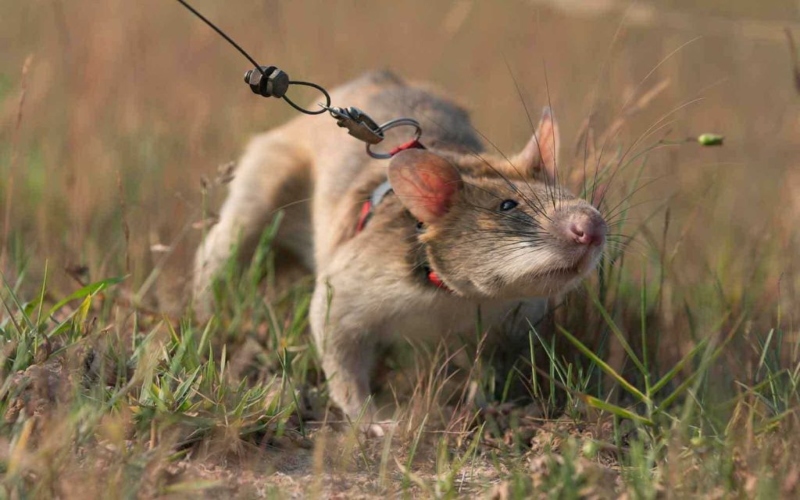Last operational hospital in Sudan's El Fasher on brink of closure after fifth attack
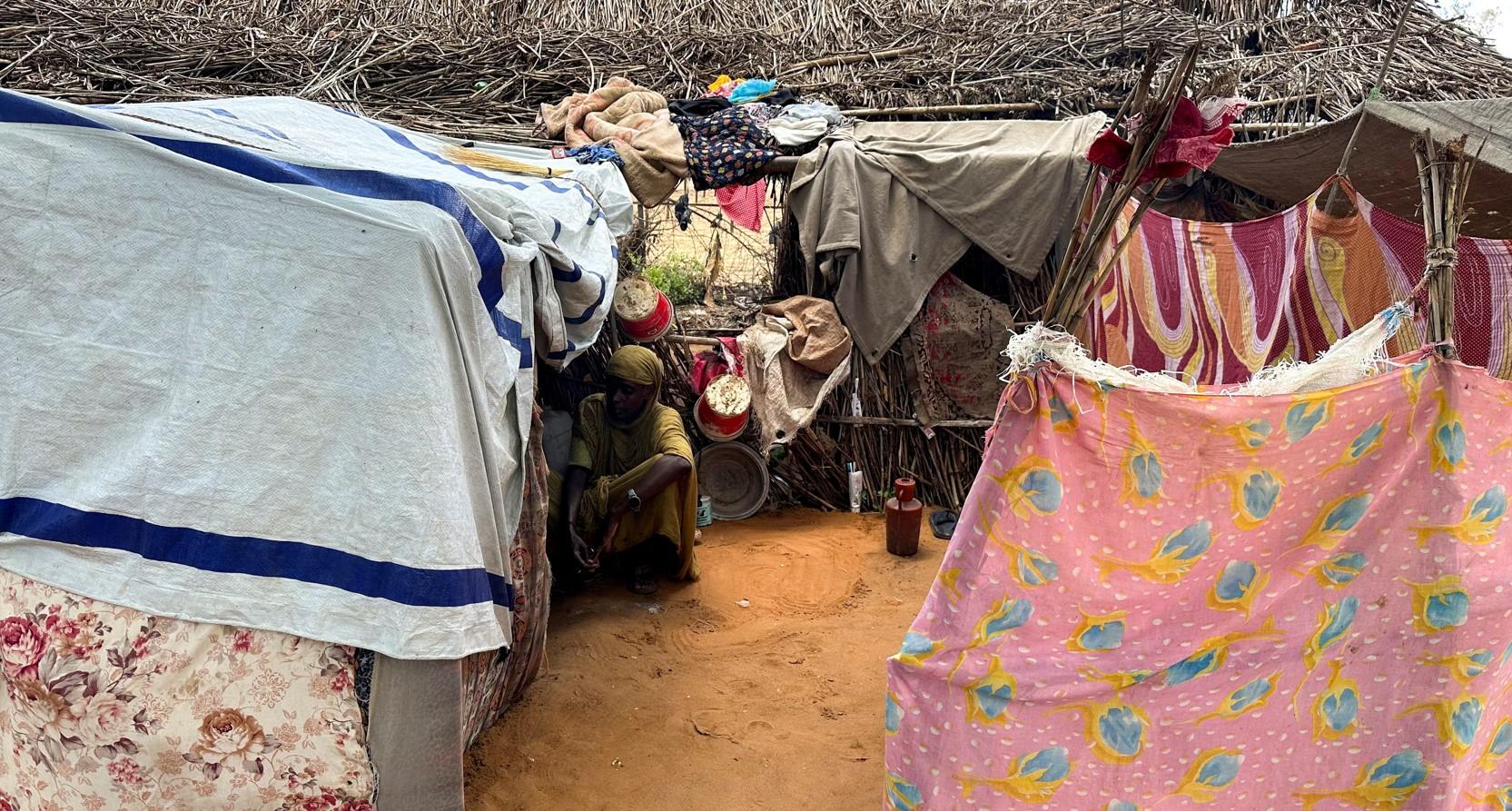
Civilians are now pouring into the already overcrowded Zamzam Children's Hospital, which is overwhelmed by the surge in patients.
El Fasher’s last operational hospital is on the verge of closing after being struck for the fifth time, marking the 11th attack on a hospital in the city since the conflict intensified on May 10.
The repeated bombings have resulted in severe casualties and damage. As a result, civilians are pouring into the already overcrowded Zamzam Children's Hospital, which is overwhelmed by the surge in patients.
More To Read
- Sudan: ‘Devastating tragedy’ for children in El Fasher after 500 days of siege
- RSF accused of shelling hospital, abducting eight civilians in El-Fasher
- WFP aid convoy attacked in Sudan's North Darfur, food relief trucks torched
- 31 killed, 13 injured in RSF attack in El Fasher, Western Sudan: volunteer groups
- ‘Only hunger and bombs’ for besieged civilians in Sudan’s El Fasher
- Sudan: El-Fasher faces famine as supplies cut off, UN says
Médecins Sans Frontières (MSF) has warned that the situation in El Fasher is becoming increasingly dire.
"For more than three months, El Fasher has been under constant bombardment. The latest attack on the Saudi hospital highlights the urgent need to protect health facilities and civilians," said Michel Olivier Lacharité, MSF’s head of emergency operations.
"The repeated targeting of this facility makes it clear that the warring parties are failing to safeguard these critical structures and the people they serve."
The only remaining public facility in El Fasher capable of treating the wounded and performing surgeries was struck again on Sunday, August 11.
This latest attack damaged the surgical ward, killing a patient’s carer, injuring five others, and impacting the maternity unit and hospital offices. This strike followed intense fighting on August 10, which had already overwhelmed the hospital with patients and led to 14 fatalities.
Ill-equipped
MSF notes that with the intensifying conflict, civilians are seeking refuge in the Zamzam camp, but this facility is ill-equipped to handle the sudden influx. Originally designed to address malnutrition and pediatric illnesses.
“Zamzam Children’s Hospital lacks essential resources such as an operating theatre and blood bank for managing mass casualties. The camp is already facing a severe food crisis, with the Famine Review Committee recently declaring a state of famine the situation in Zamzam is catastrophic. We urgently need to address the dual crises of malnutrition and the influx of casualties," Lacharité said.
MSF urges immediate international action to protect essential services and warns that if attacks continue and facilities in Zamzam or other hospitals are hit again, the death toll will rise sharply with no options left for the injured. MSF calls on the warring parties to allow unrestricted humanitarian aid and take urgent steps to protect civilians and health facilities.
Since mid-April 2023, an estimated 7.3 million people have been displaced within Sudan, with an additional 2 million having fled to neighbouring countries. Nearly 25 million people now require humanitarian assistance.
In the first five months of 2024, the World Health Organisation (WHO) reported 527 attacks on healthcare facilities, assets, and personnel across 13 countries and territories.
In Sudan, WHO indicates that approximately 15 million people need health assistance, with over 70 per cent of hospitals in conflict-affected areas non-operational.
Since April of last year, the ongoing conflict between the army and the RSF in Sudan has resulted in over 40,000 deaths, according to Ahmed Abbas, spokesperson for the independent Sudan Doctors’ Union.
Abbas described Sudan’s health system as "collapsed," exacerbated by the rainy season and outbreaks of malaria, dengue, measles, and other diseases. He reported that "80% of health services are non-functional, while the remaining facilities are severely lacking in essential supplies and medications, compounded by ongoing water and electricity outages."
The conflict has also destroyed 28 hospitals and health centres and led to the evacuation of 22 medical facilities, some of which are now occupied by warring forces. Abbas noted that over 58 doctors have been killed, with many others facing arrest, torture, or interrogation. Attacks on medical workers have forced some aid organizations to withdraw or cease operations in conflict-affected regions such as Gezira and El Fasher.
Top Stories Today


